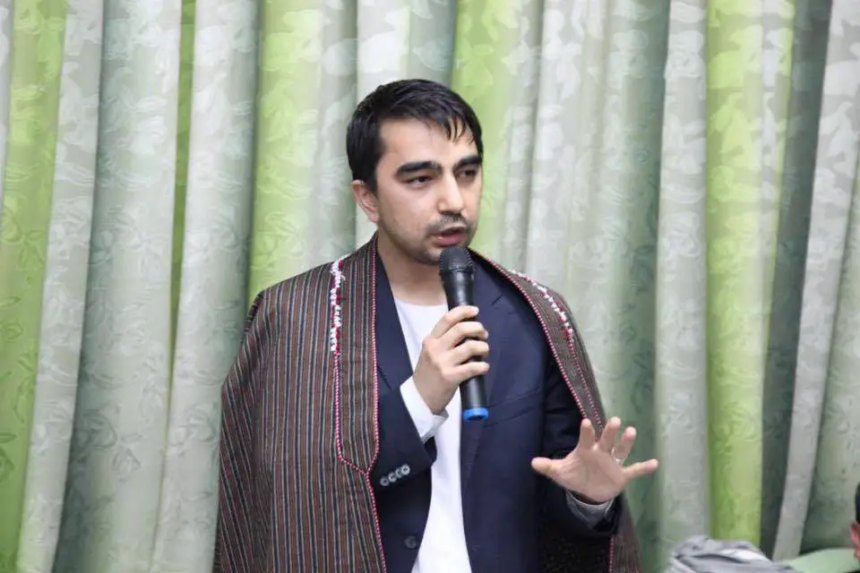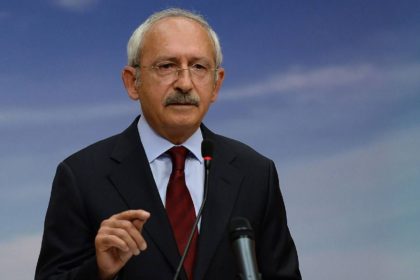RASC News Agency: Batur Dostum, Chairman of the National Islamic Movement of Afghanistan, has issued a grave warning regarding the continuation of land grabs and forced resettlements in the northern provinces practices that he asserts are being carried out under the tacit approval and strategic direction of the Taliban regime. Speaking at a scholarly conference entitled Turks of Afghanistan, held in Ankara, Turkey, Dostum lambasted the Taliban’s campaign of property seizures and the relocation of Naqilin (non-local settlers), describing it as a deliberate effort to dismantle the indigenous demographic fabric of the north.
Dostum stated unequivocally that these acts amount to a coordinated strategy of ethnic and political disenfranchisement, aimed primarily at the Turkic and other non-Pashtun populations. He called on the Taliban to immediately cease these provocations and commit to an inclusive national dialogue to address Afghanistan’s deepening crises. “This is not governance it is demographic aggression under the guise of Islamic rule,” he declared. The conference, organized by the Dostum Foundation, brought together prominent Afghanistani and Turkish politicians, academics, and cultural figures to assess the historical, political, and socio-cultural situation of Afghanistan’s Turkic communities. In its closing statement, the forum emphasized the marginalization of these communities under Taliban rule and called for urgent international attention to the violations of their collective rights.
Since the Taliban’s return to power in August 2021, the group has consolidated control over all branches of governance, while systematically excluding non-Pashtun ethnic groups from meaningful participation. In provinces such as Faryab, Jowzjan, and Balkh regions historically home to a significant Turkic and Uzbek population reports of land confiscations, arbitrary evictions, and coerced resettlements have surged. These actions are widely viewed by local residents as an attempt to forcibly alter the ethnic composition of the region in favor of Taliban-aligned populations. Local observers and political analysts warn that the Taliban’s policy of ethnic favoritism is deepening resentment and jeopardizing Afghanistan’s fragile national unity. “What we are witnessing is not merely administrative bias it is the weaponization of ethnicity,” said a political commentator based in northern Afghanistan. “The Taliban are using land, power, and fear to erase the cultural and political identity of Afghanistan’s Turkic peoples.”
Despite repeated calls from the international community for an inclusive political process, the Taliban have demonstrated no genuine willingness to share power. Instead, they have entrenched a governance model that privileges their Pashtun base while ignoring the rights, voices, and historical contributions of Afghanistan’s diverse ethnic mosaic. Dostum’s remarks come on the heels of a joint communiqué issued by the Organization of Turkic States, in which member countries urged the Taliban to form a truly representative government one that guarantees basic human rights and affords all ethnic groups, including Turkic communities, equal opportunities to participate in national life.
However, these international appeals continue to fall on deaf ears. The Taliban, despite portraying themselves as a legitimate government on the world stage, persist in governing through exclusion, coercion, and cultural repression. The continued targeting of Turkic populations in the north through land expropriations and demographic manipulation is further evidence of their authoritarian and ethnonationalist agenda. Dostum’s call for dialogue, while grounded in a sincere desire for national reconciliation, is likely to be ignored unless international stakeholders intensify pressure on the Taliban and hold them accountable for their systematic abuses. As long as the current regime refuses to respect pluralism and equal citizenship, Afghanistan will remain a fragmented state ruled by fear rather than by law.
In the absence of a legitimate, inclusive political framework, the social contract in Afghanistan continues to erode. Without meaningful reform and guarantees of ethnic equity, the Taliban’s rule will remain a threat not only to democracy and human rights but to the very cohesion of the Afghanistani nation itself.






